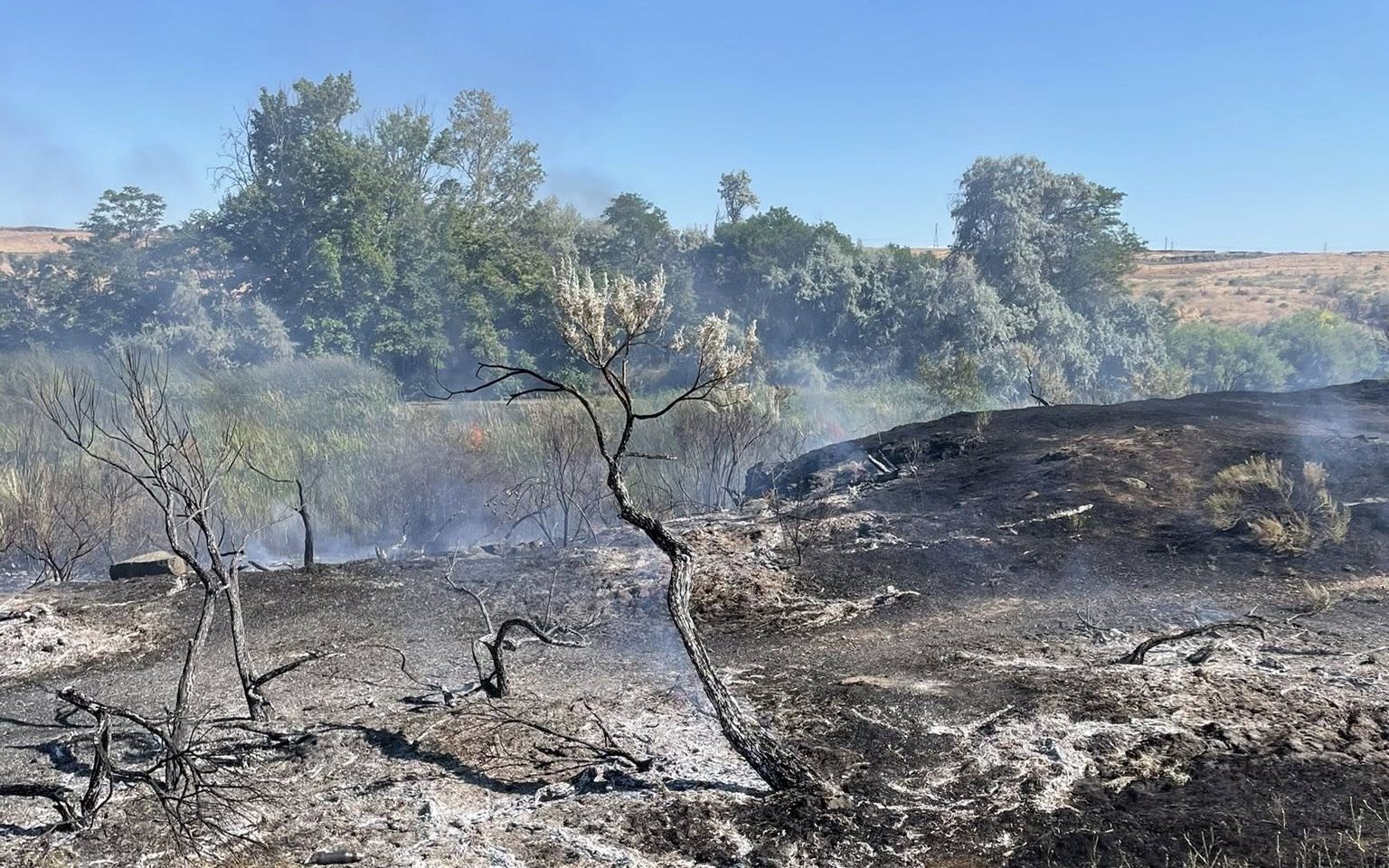What happens when your child is the bully?
Published 5:00 pm Saturday, August 31, 2024

- Bullying.jpeg
In today’s world our children now deal with bullying, not just at school but also online. As parents, we try to protect our children from the torture of being picked on, but what happens when you discover that your child is the bully? I always found it interesting that when my children came to me with issues, I often found that the parents of the bully had no idea and could not imagine their child being the instigator. When presented with the proof, they often were embarrassed.
Bullies are not always obvious and can often look like a good student who has friends and is otherwise known as a “good” kid. Unfortunately, they often get a pass because of this and the child being bullied can often feel powerless and as if they have nowhere to turn for help. For some, the bullying becomes too much to handle and can lead to self-harm or withdrawing from things they once loved.
No one wants to think of their child as being a bully, but the inconvenient truth is some parents will find themselves in that position. How they handle it can alter the outcome not only for the bully, but also the child who is being targeted.
Understanding why your child is choosing to be a bully can help you navigate how to address the issue. Some of the reasons can be simply wanting to fit in (peer pressure), a lack of self-esteem, having been bullied themselves and wanting to shift the focus or take back their power, having an assertive personality, growing up in an environment where the behavior is seen as normal or a child simply not understanding how their words or actions hurt others.
Communication is the first step to addressing the issue. Ask your child about the situation, get their point of view, and then discuss how their behavior is hurtful. You may find that your child is struggling with anxiety or depression and that this is really a cry for help.
Ask your child to put themselves in the place of the person they have bullied and ask them how it would make them feel. Switching the roles can often help a child realize that their words can hurt feelings and that they have inflicted that hurt on another person.
Another step is to look at how you interact at home. Does your family tease each other? Does anyone in your home yell, lash out or use unkind words to express themself? This is a chance for your family to have an open conversation about what hurts and how to encourage a kinder more positive home life.
Is one of your children or another family member bullying your child, who is then repeating that behavior with peers? As parents we do not see or hear everything and children do not always speak up, especially if an older sibling is the bully.
There should be consequences for the behavior — loss of technology — especially for teens who may be using their phones or computers to bully. It might also be a great time to do some community volunteering. Getting your child involved with an organization that works with disadvantage members of the community can often be an eye-opening and humbling experience.
If the problem seems deeper, consider therapy for your child; bullying is often the result of a larger problem that has gone unresolved. Reach out to your child’s school, they may offer a friendship club designed to help foster good relationships between children who would otherwise feel alone at school.
Finally, it is important for your child to apologize for the behavior. While it may feel awkward, taking responsibility and changed behavior are beneficial for both children. You might even consider encouraging your child to be more inclusive when playing with others.
If a family member or someone you know is being bullied, they are not alone, there is help, there are options and no one should feel unsafe.
Shannon Gruenhagen is the executive director of Heritage Station Museum and mother of three adult children.
In addition to reaching out to school counselors and school-based mental health professionals, the following resources are available to help those who are victims of bullying:
• CARE Program — www.co.umatilla.or.us/departments/care
• Oregon School Board Association list of resources — OSBA.org/bullying-resources/
• SAFEOREGON — www.safeoregon.com
• Oregon Suicide Crisis Line, text or call 988
• Crisis Text Line, Text OREGON to 741741






